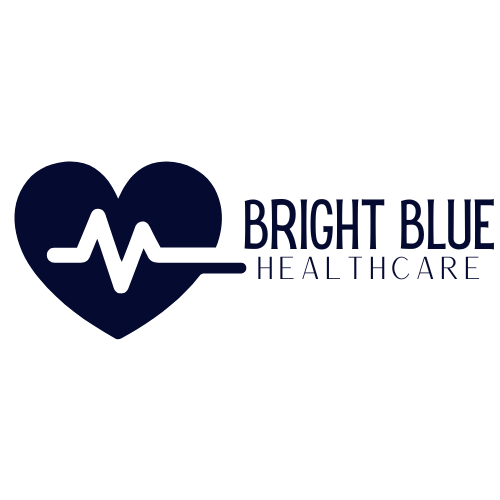As medical professionals and experts in the field of healthcare, we often prioritize the well-being of others over our own. Our dedication to caring for patients, conducting research, and advancing medical knowledge is unwavering. However, it is crucial for us to recognize the importance of our own health care and ensure that we are taking care of ourselves to the best of our abilities. This article aims to highlight the significance of health care for medical professionals and provide insights into maintaining optimal well-being in our demanding field.
The Unique Challenges Faced by Medical Professionals
Working in the healthcare industry comes with a set of unique challenges that can impact our physical, mental, and emotional well-being. Long working hours, high levels of stress, exposure to infectious diseases, and witnessing traumatic situations are just a few examples. These challenges can take a toll on our health and affect our ability to provide the best care for our patients.
Prioritizing Self-Care: The Foundation of Delivering Excellence
As medical professionals, we must recognize that caring for ourselves should be a priority. Just like building a strong foundation for a sturdy house, self-care forms the basis of delivering excellence in our profession. It is essential to prioritize our own physical and mental health to ensure we can provide the highest quality of care possible.
The Physical Component of Health Care
Physical health is a fundamental aspect of our overall well-being. Prioritizing regular exercise, maintaining a healthy diet, and ensuring sufficient sleep are crucial practices for medical professionals. Exercise not only helps us stay physically fit but also aids in stress reduction and boosts our immune system. A well-balanced diet provides us with the necessary nutrients and energy to meet the demands of our profession. Additionally, sufficient sleep is vital for allowing our bodies and minds to recharge.
The Mental and Emotional Component of Health Care
Mental and emotional well-being are equally important in our profession. With high-stress levels and exposure to emotionally challenging situations, it is crucial to develop strategies to maintain our mental health. Engaging in stress-relieving activities such as meditation, mindfulness, and hobbies can help us manage stress and prevent burnout.
Taking the time to decompress and engage in activities we enjoy outside of work is essential. Regular vacations or short breaks can provide an opportunity to relax and rejuvenate, promoting overall well-being. Additionally, seeking professional support and therapy can be beneficial in managing the emotional aspects of our roles, as it provides a safe space to address the challenges we face.
The Role of Healthcare Systems in Supporting Medical Professionals
Healthcare systems play a vital role in supporting medical professionals. It is essential for organizations to prioritize the well-being of their staff and implement strategies that promote physical and mental health. This includes providing adequate rest periods, ensuring manageable workloads, and fostering a positive work environment. Additionally, healthcare systems should invest in employee wellness programs and mental health resources, recognizing the importance of holistic care for their staff.
The Importance of Regular Health Screenings
Regular health screenings are paramount for medical professionals. As experts in healthcare, we understand the significance of early detection and prevention of illnesses. By scheduling routine check-ups and screenings, we can identify any potential health issues early on and address them promptly. This not only ensures our own well-being but also sets an example for our patients and the importance of proactive health care.
The Continual Pursuit of Knowledge
In the field of healthcare, knowledge is constantly advancing, and it is our responsibility as medical professionals to stay up-to-date with the latest research and best practices. This includes keeping abreast of advancements in medical treatments, technological innovations, and evidence-based approaches. Maintaining our knowledge and skills allows us to provide the most effective care to our patients and enhances our professional growth.
Conclusion
As medical professionals and experts in the field of healthcare, we have a duty to prioritize our own health care. By recognizing the unique challenges we face, practicing self-care, and taking advantage of the support provided by healthcare systems, we can ensure our ability to deliver excellence in patient care. Regular health screenings, along with a commitment to continual learning, further solidify our dedication to self-care and pave the way for long and fulfilling careers.
Remember, taking care of ourselves is not selfish; it allows us to provide the best care for those who rely on us. Let us strive to be advocates for our own health, setting an example for our patients, colleagues, and the next generation of medical professionals. Together, we can create a healthier and more compassionate future for all.




